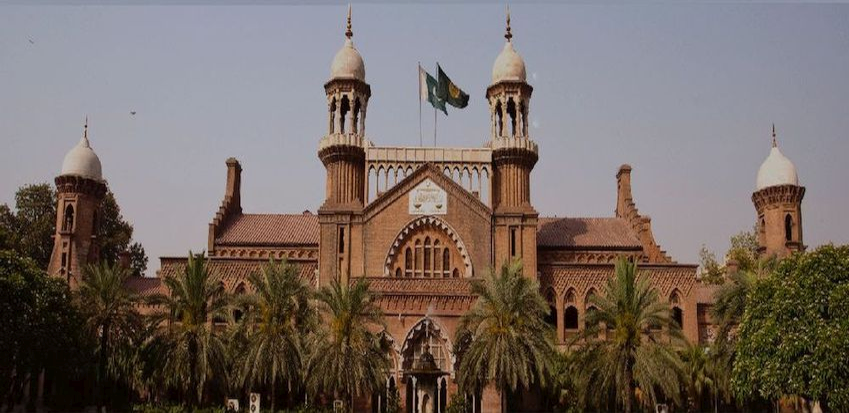The Renovation Expenses may be claimed through a Civil Court, as they do not fall under the Jurisdiction of Rent Tribunals --- Lahore High Court
Islamabad 07-09-2024: The Lahore High Court (Rawalpindi Bench), in a recent ruling, upheld the decisions of the Special Judge (Rent) and the Additional District Judge, Talagang, allowing the eviction of a tenant who had failed to vacate a rented shop after the expiration of the tenancy period. The Court rejected the tenant’s defense that the cost of renovations carried out on the rented property should be considered under Pagri, a term defined in the Punjab Rented Premises Act, 2009.
In [Writ Petition No. 2390 of 2024], Raja Zulfiqar Ali, the petitioner, had challenged the orders of the lower Courts, which directed his eviction from a shop rented from Muhammad Sadiq, the respondent. The petitioner argued that the tenancy agreement, which began on 05.03.2018, had expired on 04.03.2023, but the eviction was unwarranted due to unpaid renovation expenses amounting to Rs. 23 lacs.
The respondent, on the other hand, maintained that no fresh tenancy agreement had been signed after the expiry of the original agreement, and the petitioner had stopped paying rent as of 01.01.2024.
The Lahore High Court, presided over by Mr. Justice Muhammad Sajid Mehmood Sethi, ruled that the petitioner’s failure to vacate the premises or pay rent after the tenancy expired provided the respondent with valid grounds for eviction under Section 15 of the Punjab Rented Premises Act, 2009.
The petitioner had argued that the renovation costs should be treated as Pagri under Section 2(e) of the Act, which refers to a lump sum paid for acquiring tenancy rights. However, the Court found this argument to be legally unsustainable, clarifying that Pagri does not include renovation expenses. The Court stated that such expenses must be claimed through a Civil Court, as they do not fall under the jurisdiction of Rent Tribunals.
The Court reiterated that Rent Tribunals are meant to resolve disputes specifically related to tenancy matters, such as eviction and rent disputes, and do not have the authority to handle broader financial claims. The Court cited various legal precedents, including Mst. BOR Bibi v. Abdul Qadir (1996 SCMR 877) and Karam Rasool v. Town Committee (2006 SCMR 1061), which confirm that claims regarding renovation costs or property improvements fall outside the scope of Rent Tribunal jurisdiction.
The Lahore High Court concluded that the petitioner’s claims were not valid grounds to prevent eviction, and the decisions of the lower Courts were legally sound. The petition was dismissed, with no orders regarding costs.
This judgment clarifies the distinction between tenancy disputes handled by Rent Tribunals and broader financial or contractual claims that must be pursued in Civil Courts. The ruling underscores that tenants cannot use renovation expenses as a defense against eviction when they fail to fulfill their legal obligations under the tenancy agreement.
This decision highlights the Court’s firm stance on upholding landlord rights under the Punjab Rented Premises Act, 2009, especially when tenants do not adhere to the terms of their tenancy or delay vacating rented properties beyond the agreed period.
Powered by Froala Editor








